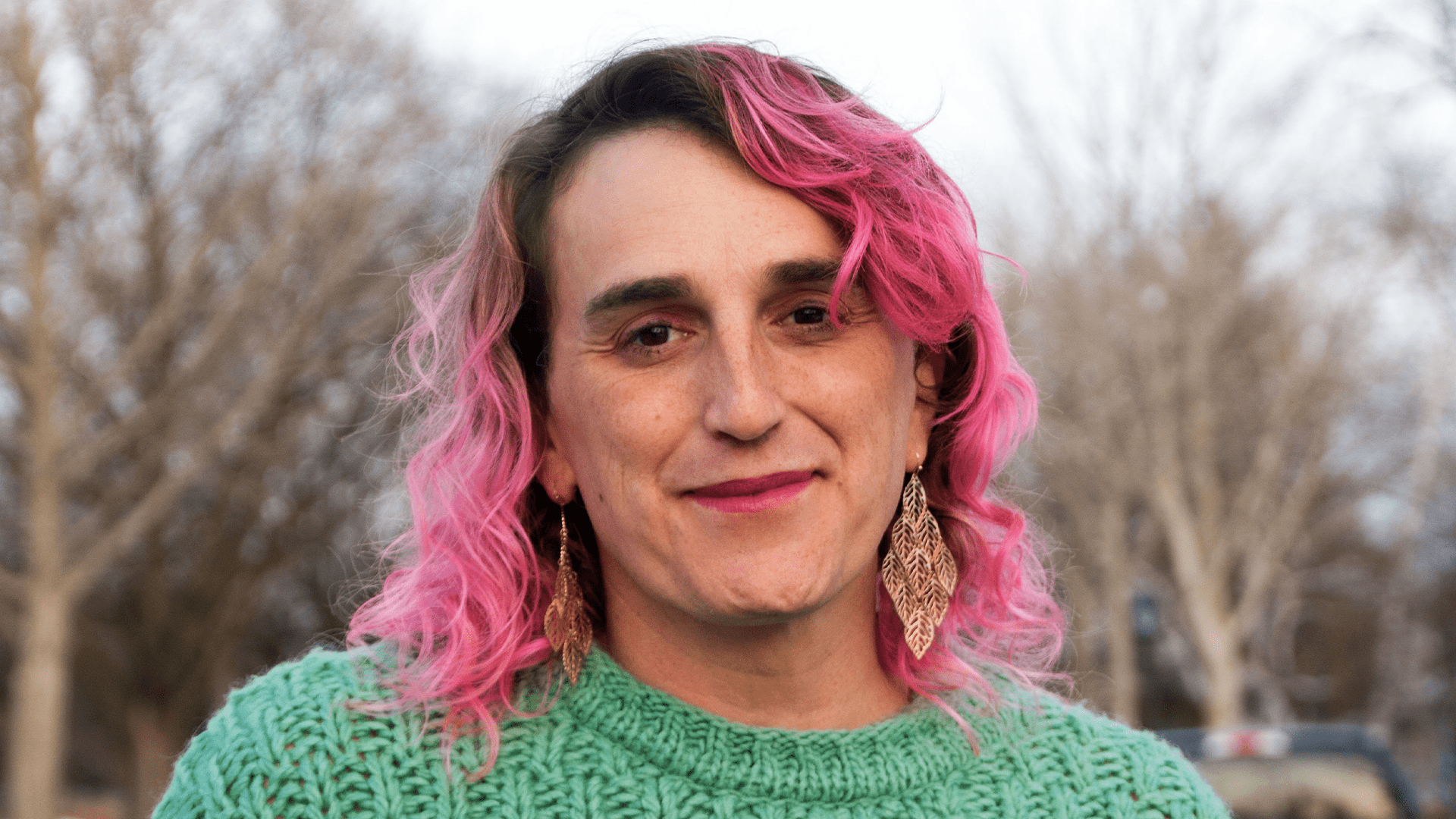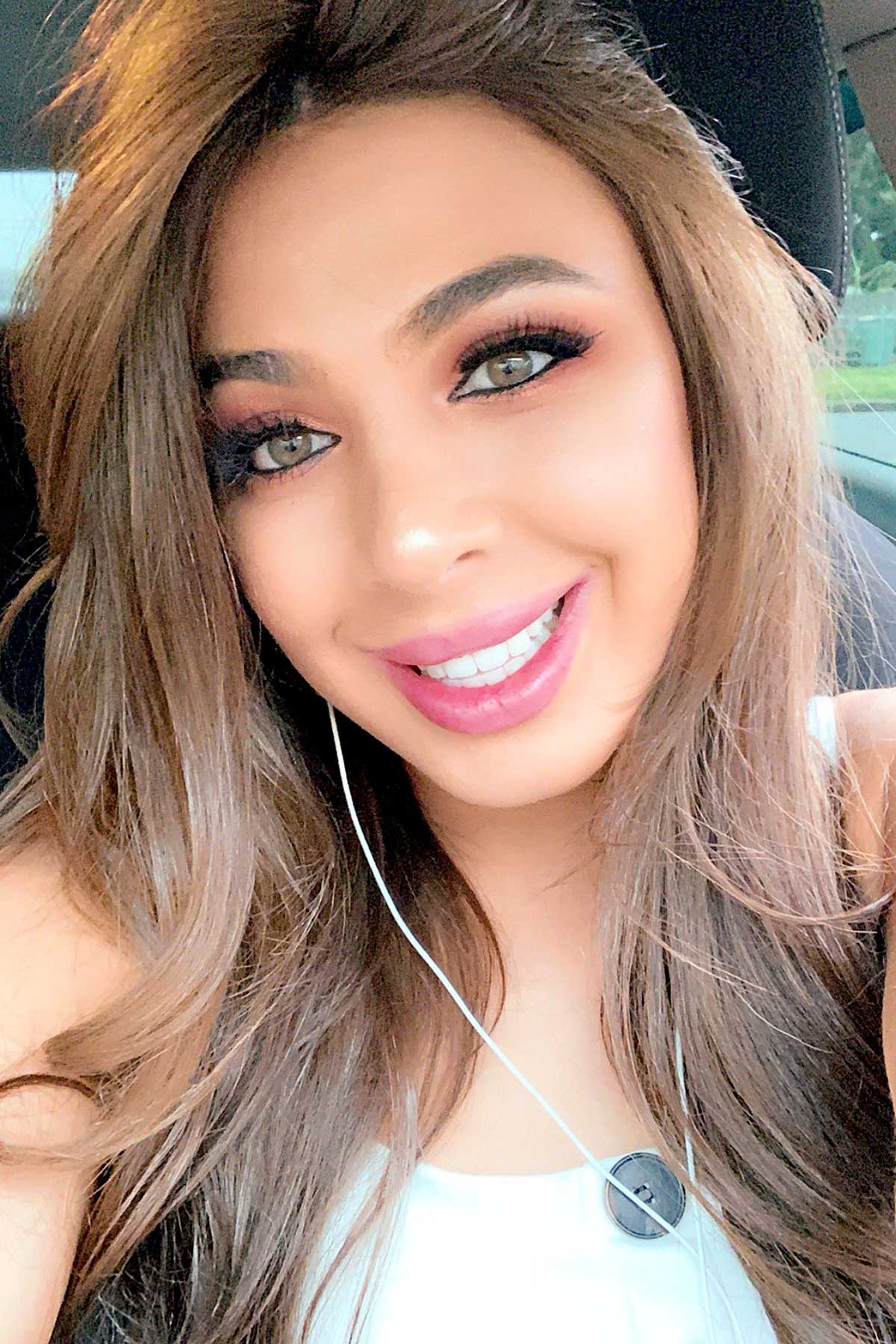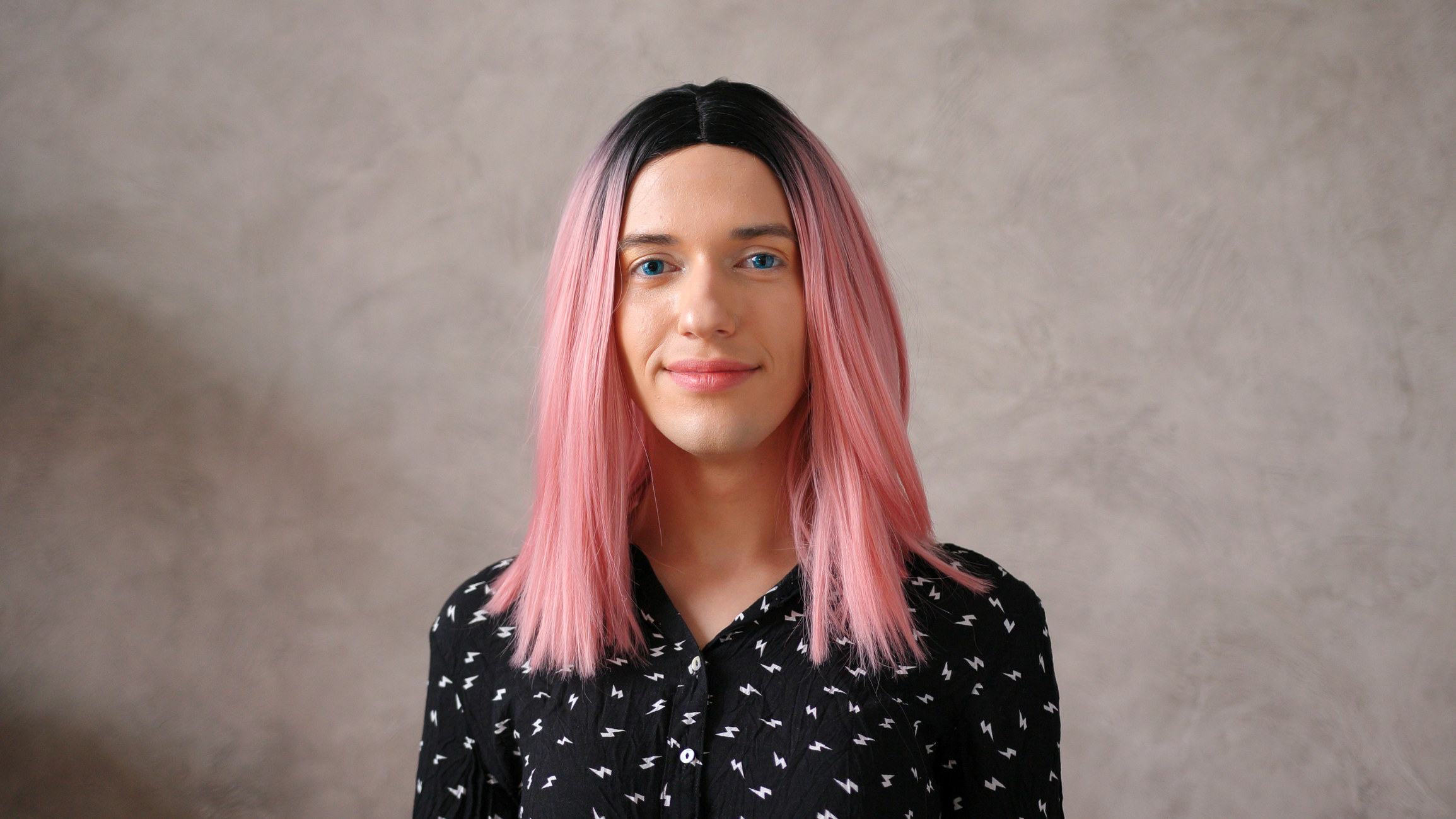Trans Oral History Fellowship - Capturing Voices
Every life holds a story worth hearing, a spoken account that adds to the larger picture of human experience. Sometimes, certain voices get overlooked in the telling of history. A special effort, a trans oral history fellowship, steps in to make sure those voices are heard, recorded, and kept for the future. It helps gather spoken memories from people whose life paths might not always find their way into books or official records. This kind of program helps build a richer, more complete record of what it means to be human, you know.
The word "transgender" describes people whose sense of themselves, as male or female, or how they show that to the world, does not match what society typically connects with the sex they were given at birth. My text points out that this is a wide term, covering many people. Other groups under this big umbrella include those who are gender non-conforming, multi-gender, or even two-spirit people. Their personal journeys, their daily lives, and their unique ways of seeing the world hold so much to teach us.
This article will look at what a trans oral history fellowship does. We will see why these personal stories matter so much, who might take part in such an effort, and how it helps communities grow stronger. It's about making sure that the experiences of transgender people are a real part of our shared past, and that is very important.
Table of Contents
- What is a Trans Oral History Fellowship, anyway?
- Why are these stories important for the trans oral history fellowship?
- Who might join a Trans Oral History Fellowship?
- How does the Trans Oral History Fellowship help communities?
- What kinds of stories does a Trans Oral History Fellowship seek?
- What is the process like for a trans oral history fellowship?
- The Bigger Picture - Why Oral History Matters for Trans Lives
- Supporting the Trans Oral History Fellowship
What is a Trans Oral History Fellowship, anyway?
A trans oral history fellowship is a kind of program that gives people the chance to record spoken accounts from transgender individuals. It's a way to keep personal experiences alive, making sure that what someone lived through, what they thought, and how they felt, is not lost over time. This sort of effort typically provides some support, like learning sessions or tools, to help those who are gathering these spoken histories. It's a bit like building a living library of voices, so.
The main idea behind such a program is to give importance to first-person narratives. When someone tells their own story, in their own words, it carries a certain kind of truth and feeling that you just can't get from other sources. These spoken accounts can offer a window into a person's world, showing us things we might never have known otherwise. It really is a way to honor individual lives, you know.
Why are these stories important for the trans oral history fellowship?
My text explains that "transgender" is a broad word for people whose sense of who they are, as male or female, or how they express that, does not line up with what was expected at their birth. Because of this, transgender people often have life paths that are quite distinct, with perspectives that are truly their own. Their experiences, their joys, their struggles, and their triumphs are all part of the larger human story, and that is why these stories are very important for the trans oral history fellowship.
- Himynamestee Only Fans
- Ifsa Sotwe Turk
- Many Summers Later Gravity Falls
- Iran Economy 2024
- Is Emily Compagno Married
History, as it has often been written, has left out many voices. The lives of people who do not fit into common boxes have sometimes been ignored or misunderstood. This kind of fellowship helps to fix that. It makes sure that the stories of transgender people are added to the general record, giving us a more complete and honest look at the past. It helps to fill in those empty spaces, in a way.
Individual stories hold a special kind of strength. They can teach us about different ways of living, about what it means to be strong, and about how people build communities. When we hear someone's personal account, it can help us feel a connection, even if our lives are very different. These spoken histories can help people understand each other better, which is pretty important, actually.
Who might join a Trans Oral History Fellowship?
People from many walks of life might take part in a trans oral history fellowship. You might find historians who want to add new voices to their studies, or community members who feel a strong desire to keep their own group's memories alive. Storytellers, researchers, and people who simply care a lot about human experiences often get involved. It's a chance for them to make a real contribution to our shared knowledge, so.
Someone taking part in such a program would bring certain abilities or learn new ones. They would need to be good at listening, truly hearing what someone says. They would also learn how to ask questions that help a person share their story openly and fully. Knowing how to record these spoken accounts properly, so they can be kept safe for a long time, is also a key skill. It's a chance to grow in many ways, you know.
How does the trans oral history fellowship help communities?
This kind of fellowship does a lot of good for communities. By gathering and keeping these spoken histories, it helps build a collection of voices that future generations can learn from. Imagine people years from now being able to hear the direct accounts of those who lived today. It's like leaving a gift of wisdom and experience for the people who come after us, and that is very meaningful for the trans oral history fellowship.
These stories can also help people in the present day understand each other better. When someone hears about another person's life, it can break down barriers and build bridges of common feeling. It shows that we all share certain human experiences, even if our paths are different. This can lead to more kindness and respect within a community, which is actually quite valuable.
Such programs also play a part in education and making people more aware. The spoken accounts can be used in classrooms, at public events, or in other ways to teach people about transgender lives and histories. This helps to correct misunderstandings and gives a fuller, more accurate picture of a group of people. It helps everyone learn something new, in some respects.
What kinds of stories does a Trans Oral History Fellowship seek?
A trans oral history fellowship looks for a wide range of experiences. It's not just about big, dramatic moments, but also about the everyday stuff of life. Stories of joy, of finding happiness, are just as important as accounts of struggle or facing hard times. The goal is to get a full picture of a person's life, with all its different parts, you know.
This includes personal journeys of self-discovery, how someone came to understand who they are. It also covers stories about building community, how people found or created places where they felt they belonged. Accounts of facing challenges, big or small, and how those were met, are also very much a part of what these efforts aim to gather. It's about capturing the richness of human experience, basically.
What is the process like for a trans oral history fellowship?
The process for a trans oral history fellowship usually follows a few main steps. First, those taking part often get some learning sessions. These sessions teach them how to do interviews well, how to listen carefully, and how to make sure the recording equipment works. It's about getting everyone ready to do this important work, so.
Next comes the interviewing part. This is where the actual spoken accounts are gathered. The person doing the interview meets with a transgender individual and listens to their story, recording it carefully. It's a time for open sharing and respectful listening. This is a very important part of the trans oral history fellowship.
After the interviews, the spoken accounts need to be put into an archive. This means making sure they are stored safely, often with written versions of what was said, so they can be found and used by people in the future. There are also ethical points to keep in mind, like making sure the person telling their story agrees to have it recorded and shared, and that their privacy is respected. It's all about doing things the right way, actually.
The Bigger Picture - Why Oral History Matters for Trans Lives
The lasting value of these personal records is huge. When spoken accounts are gathered and kept, they become a permanent part of our collective memory. They show that transgender lives have always been, and continue to be, a part of the human story. This helps to make sure that these experiences are not forgotten or pushed aside, you know.
These efforts truly help to create a fuller, more accurate historical record. Instead of relying on guesswork or limited written sources, future generations will have direct access to the voices of people who lived these experiences. This helps everyone understand the past in a much deeper and more truthful way. It's about making history more complete, in a way.
Supporting the Trans Oral History Fellowship
Programs like a trans oral history fellowship often rely on the help of many people. This can mean people giving their time to do interviews, or offering skills like organizing records. Sometimes, groups or individuals give money to help these efforts keep going. It's a community effort to make sure these important stories are saved, you know.
Learning about these programs and sharing what they do also helps. When more people know about the value of gathering spoken histories from transgender individuals, it helps these efforts get the support they need to keep doing their good work. It's about making sure these voices continue to be heard, you know.
This article looked at the trans oral history fellowship, explaining what it is, why it matters, who participates, and what kinds of stories it helps preserve. We saw how these efforts contribute to a fuller historical record and support communities.

Leigh Finke Makes History as the First Trans Person Ever Elected to the

Three Trans Young People Share Their Journeys

What Trans People Want You To Know